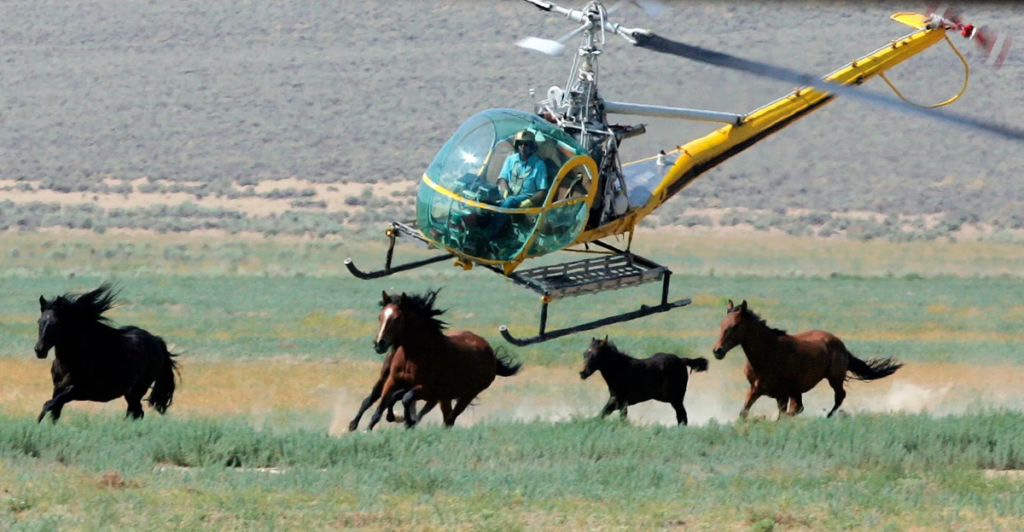
Colorado is taking bold stepsto address the challenges of managing its wild horse populations through House Bill 1283. This bill would create a more proactive and cooperative approach to managing wild horse herds, which are currently overseen by the federal Bureau of Land Management (BLM). The bill drew both applause and controversy as it seeks to balance ecological sustainability, animal welfare and stakeholder interests.
The Role of House Bill 1283
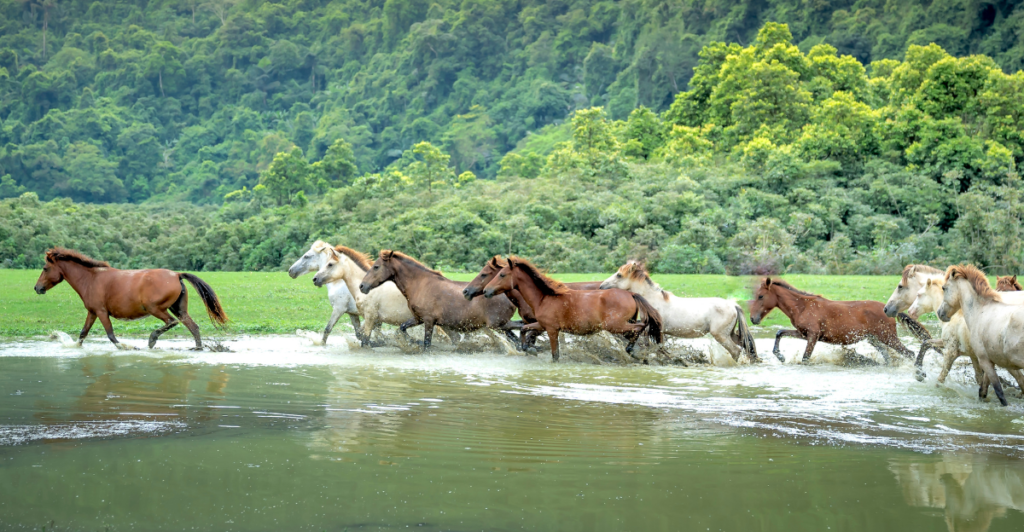
House Bill 1283 proposes to give the Colorado Department of Agriculture permanent authority over wild horse management. It would enable the state to use methods such as fertility control and other population management tools. Supporters of the bill believe it could serve as a model for collaborative management that could be adopted by other states.
Significance of Wild Horses in Colorado
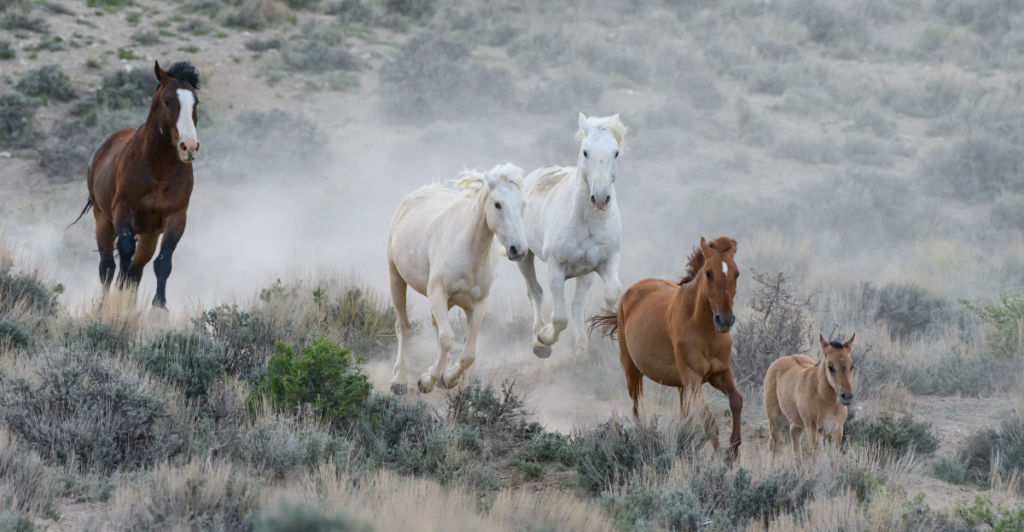
Wild horses, often referred to as mustangs, are closely tied to Colorado’s cultural identity. Their presence in America symbolizes freedom and resilience but poses ecological challenges due to overpopulation. Approximately 1,400 wild horses roam Colorado, but wildlife experts estimate that only 800 can be sustainably supported by the available rangeland.
Challenges in Managing Wild Horse Populations
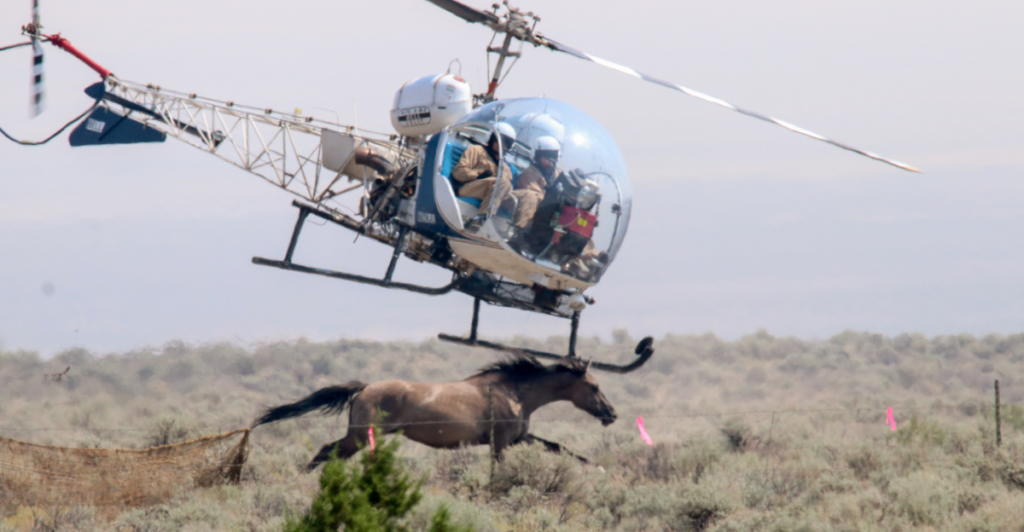
Wild horse management has been a contentious issue for decades, pitting ranchers, conservationists, and federal agencies against one another. The BLM’s helicopter roundups of horses in overpopulated areas have been criticized as inhumane and stressful for the animals.
Creation of the Wild Horse Working Group
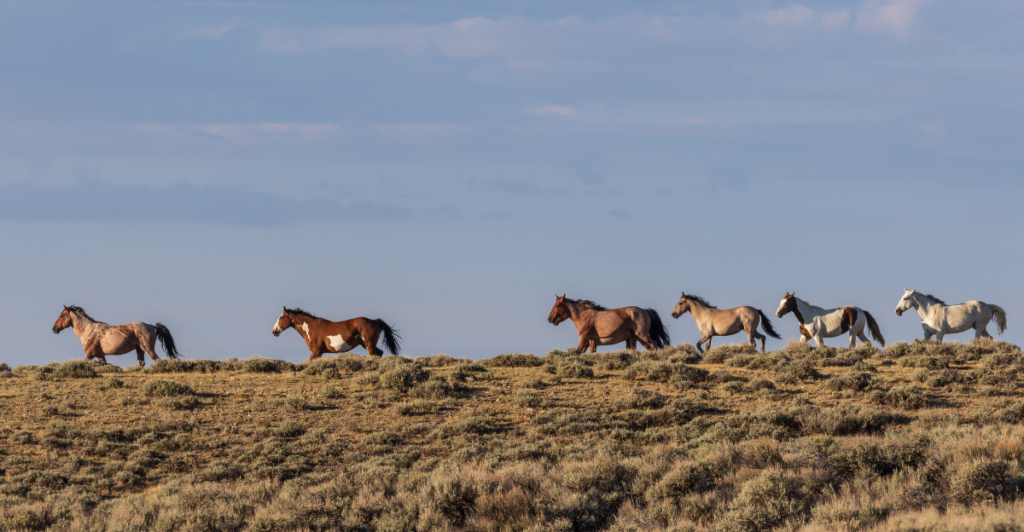
To address these challenges, Colorado lawmakers created the Wild Horse Working Group in 2023. This collaborative body, made up of diverse stakeholders, proposed humane and sustainable solutions for managing wild horses. HB-1283 seeks to formalize this group as a permanent advisory committee.
Fertility Control Measures
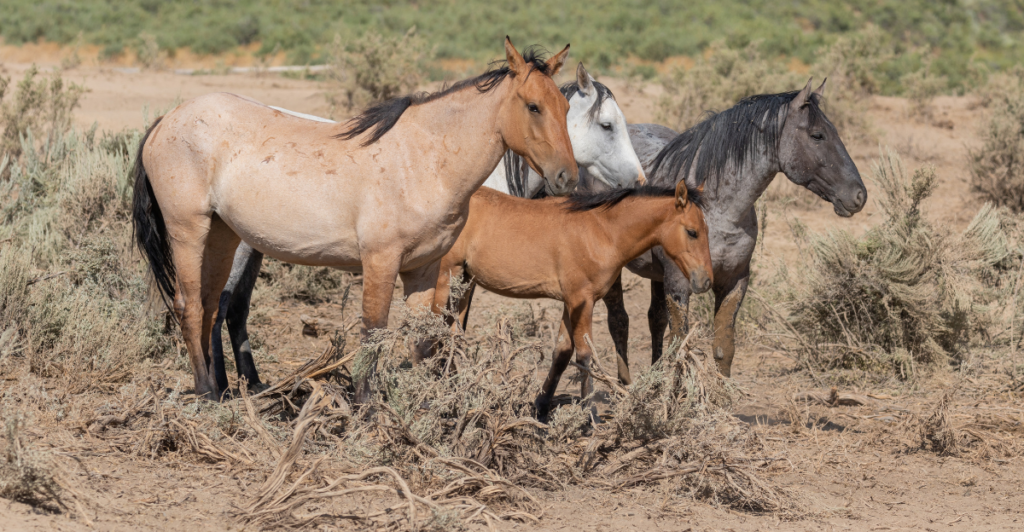
The bill emphasizes fertility control as a humane alternative to roundups. Fertility treatments involve administering drugs via dart guns to prevent reproduction in female horses. This method has successfully reduced population growth in areas including the Sand Wash Basin, where annual growth decreased from 33% to 7%.
Criticism of Helicopter Roundups
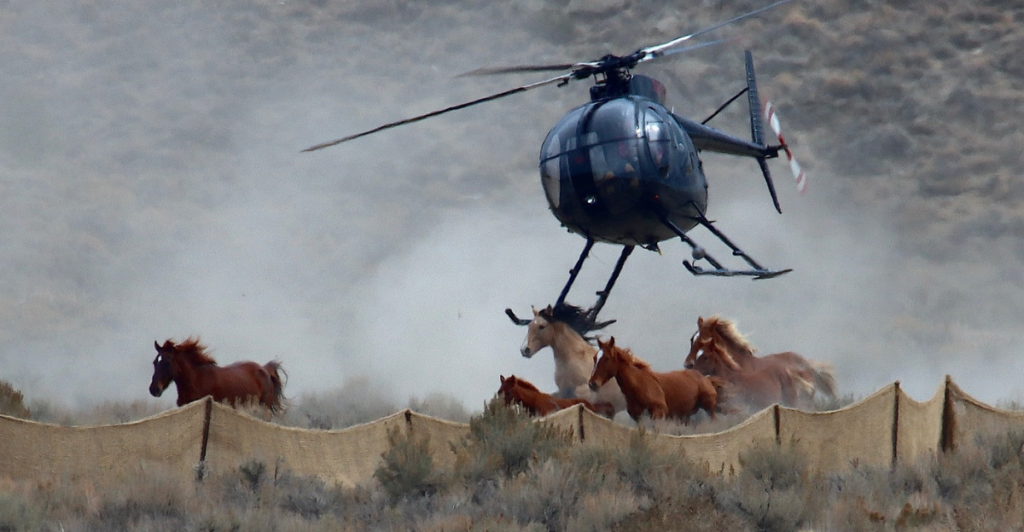
Helicopter roundups are a controversial practice that can harm horses. Critics argue that these roundups are not only cruel but potentially costly, with taxpayers funding holding facilities for removed horses. In 2023 alone, $109 million was spent on housing more than 62,000 horses.
Economic Implications
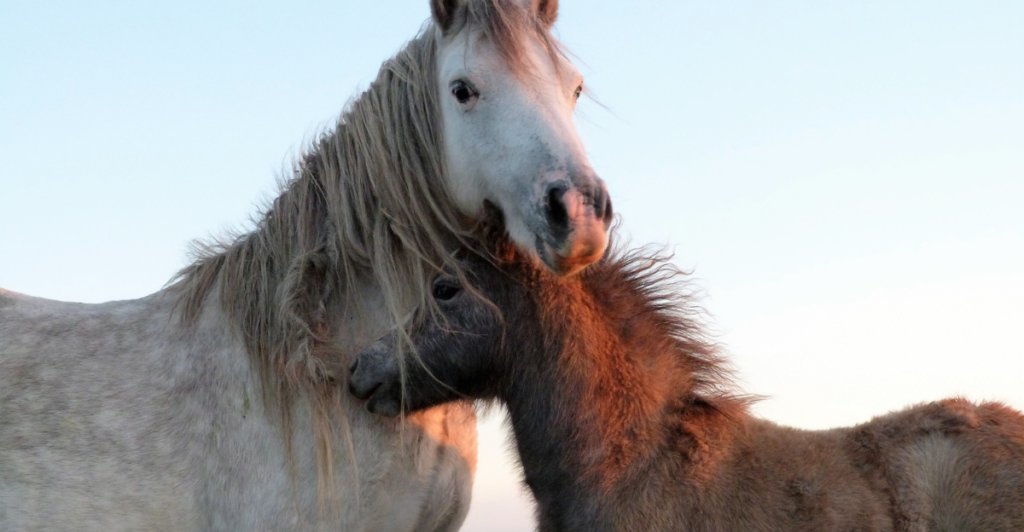
Supporters of HB-1283 argue that fertility control and other on-range management strategies could save taxpayers millions of dollars by reducing the need for roundups and holding pens. Advocates view this as a more cost-effective and ethical approach.
Stakeholder Collaboration

The bill emphasizes the importance of collaboration among federal agencies, state officials, ranchers, conservationists, and Native American tribes. This inclusive approach is intended to transcend historical divisions and find balanced solutions that benefit all parties.
The Role of State Agencies
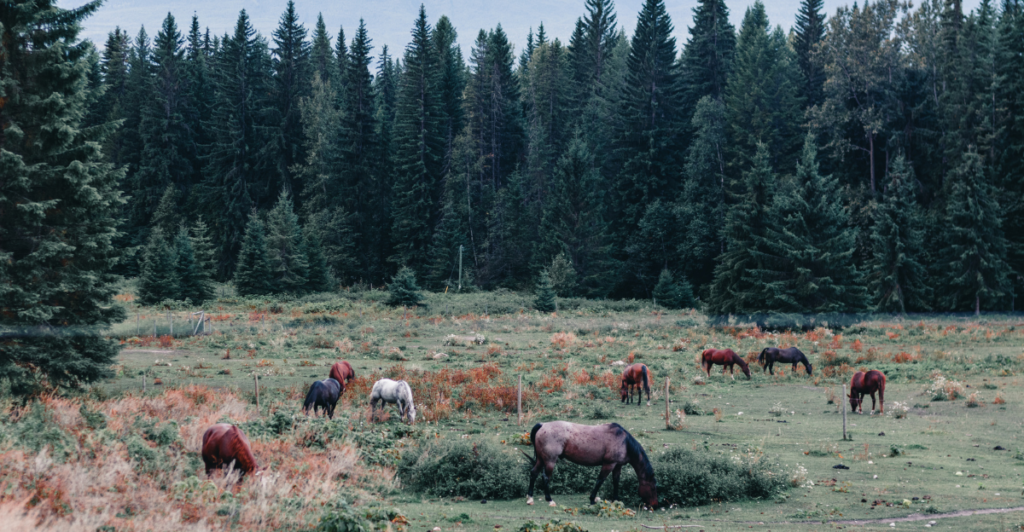
If passed, HB-1283 would allow state employees to administer fertility treatments directly on range. Doing this will reduce dependence on volunteers and ensure more consistent implementation of population control measures.
Environmental Considerations
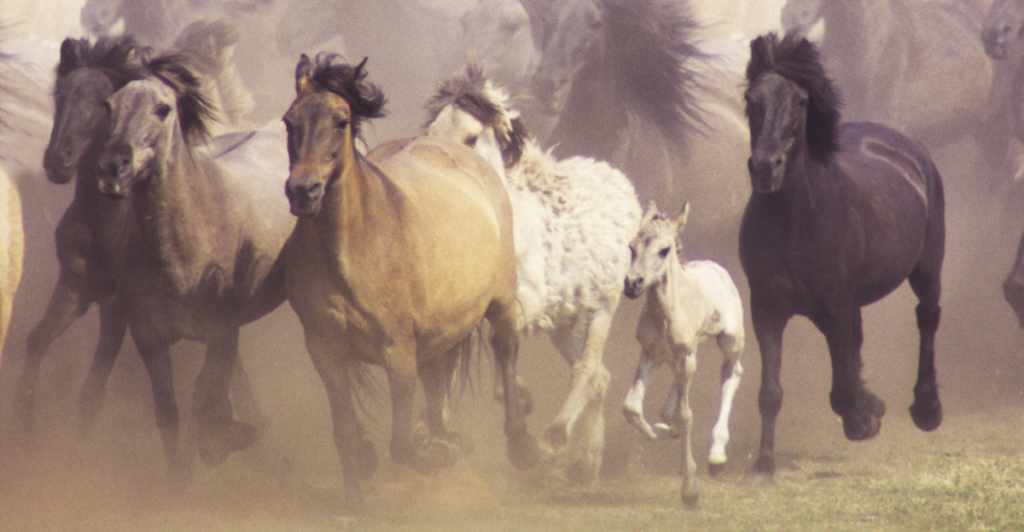
Wild horse overpopulation is not only a threat to the horses themselves but also to rangeland health and biodiversity. HB-1283 is designed to alleviate those environmental impacts by stabilizing herd sizes via fertility control.
Broader Implications
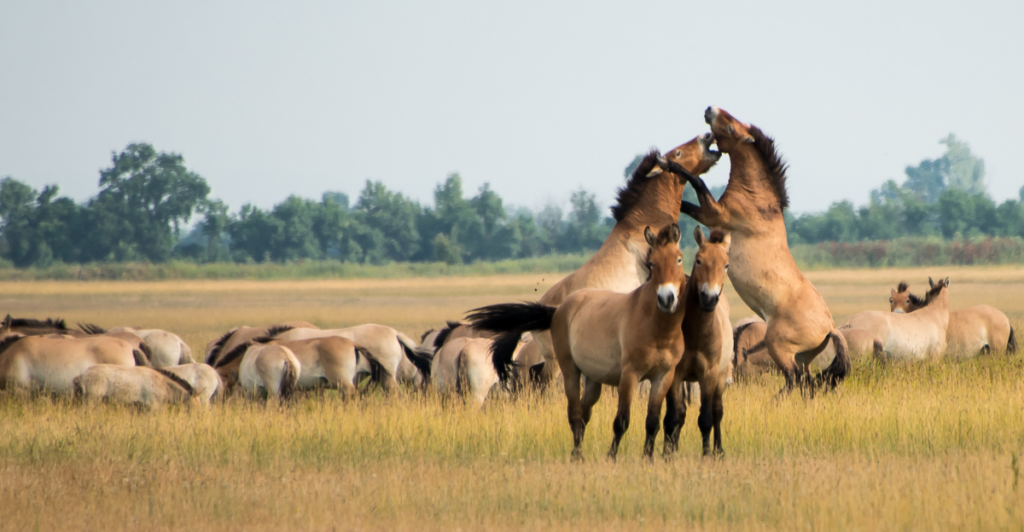
Colorado’s approach could set a national precedent for managing wild horses. Many other states have shown interest in adopting collaborative models that promote the humane treatment of wildlife while addressing ecological problems.
Funding Challenges
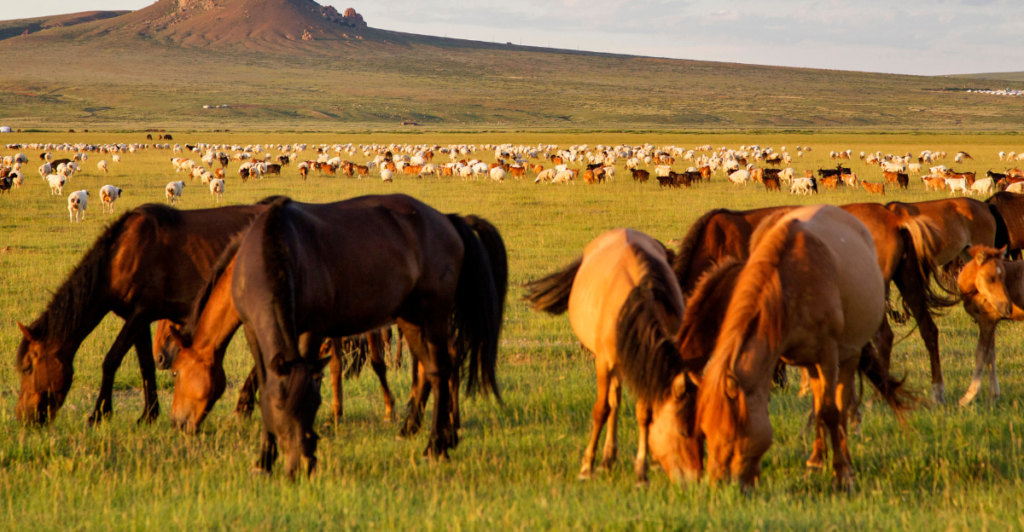
The bill does not allocate additional funding for wild horse management but intends to use up an existing $555,000 from previous allocations. Future funding will depend on grants or donations, raising questions about long-term sustainability.
A Vision for the Future
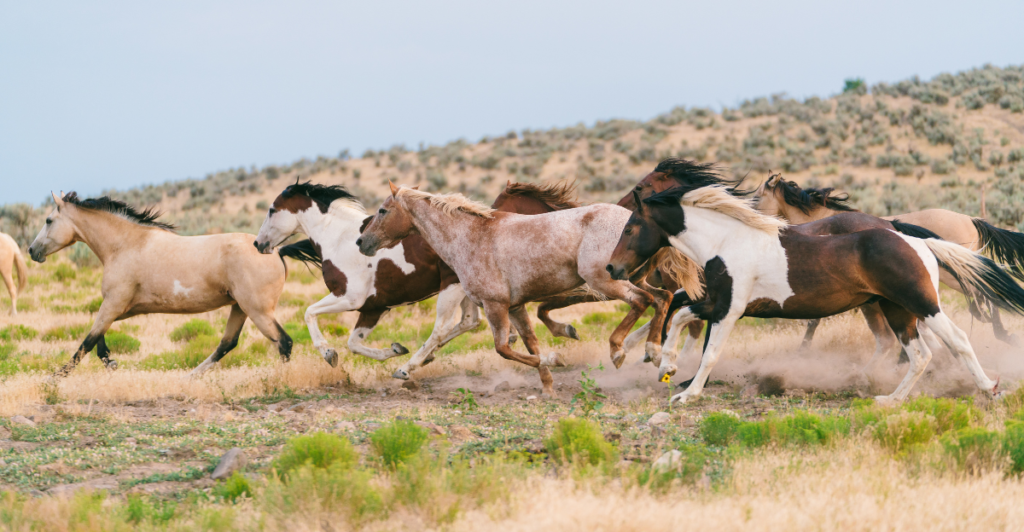
HB-1283 is a big step in the right direction for the humane and sustainable management of wild horses in Colorado. The state hopes to address economic and ecological challenges by creating new solutions through collaboration and innovative solutions.
Explore more of our trending stories and hit Follow to keep them coming to your feed!

Don’t miss out on more stories like this! Hit the Follow button at the top of this article to stay updated with the latest news. Share your thoughts in the comments—we’d love to hear from you!







